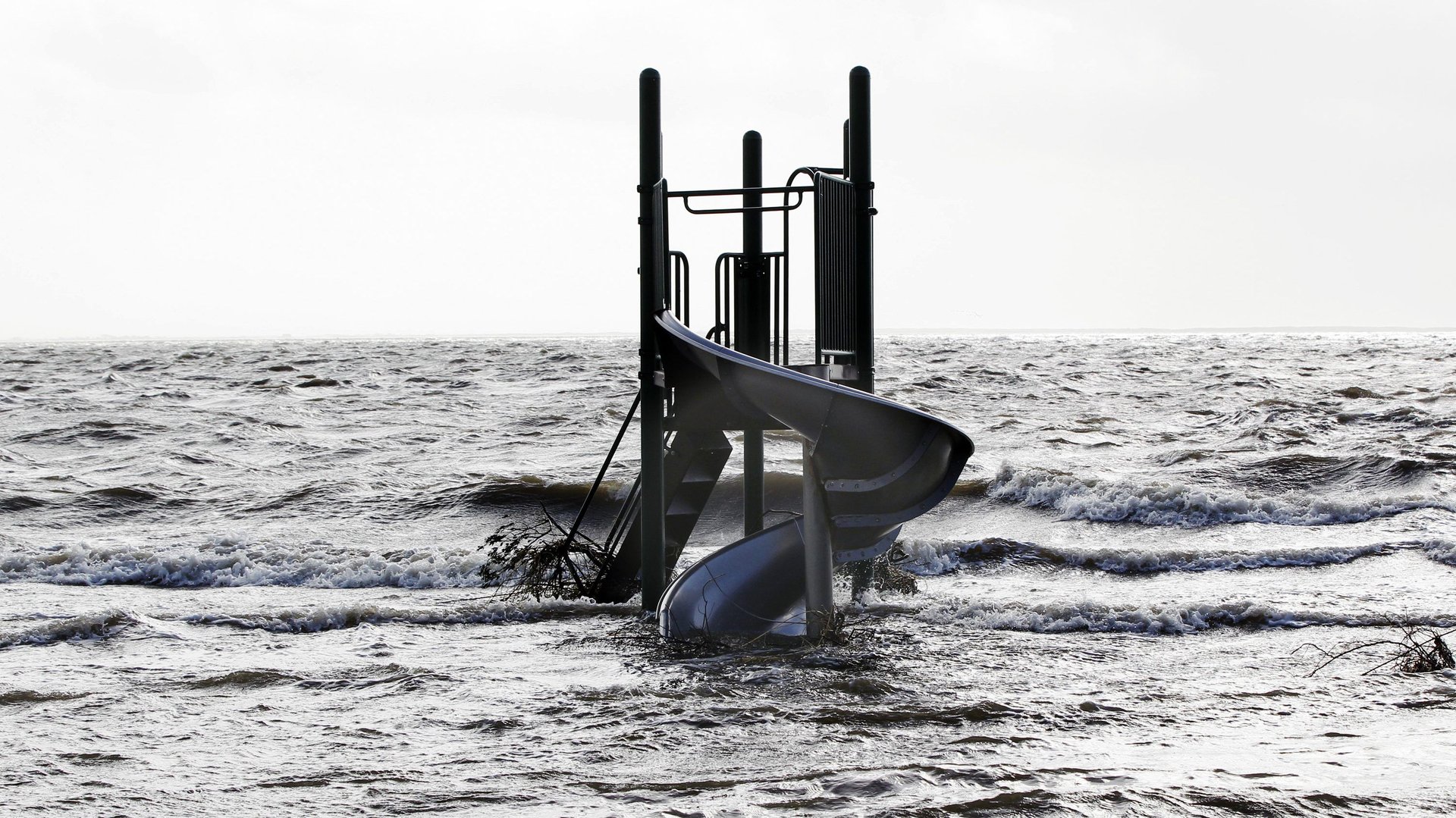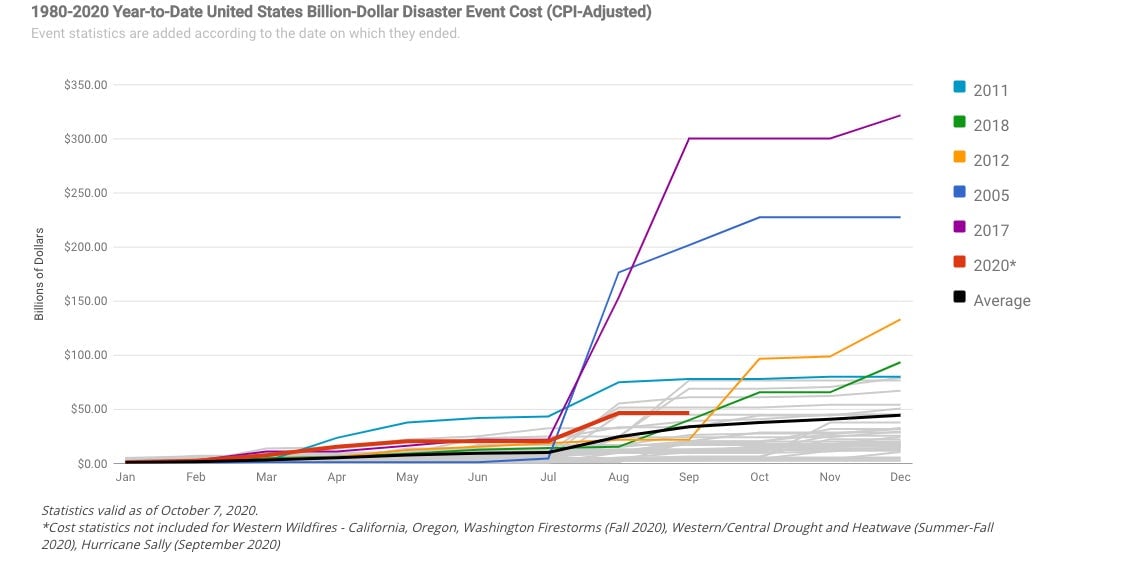Silicon Valley is making disaster preparedness a brand
Disasters have been an unfortunately growing phenomenon in the opening decades of the 21st century. An overheating climate is colliding with a growing population to rack up record damages: Since 1980, the US has tallied $1.8 trillion in costs from 279 severe events. And the pace is picking up. Over the last five years, the frequency of severe events has more than doubled.


Disasters have been an unfortunately growing phenomenon in the opening decades of the 21st century. An overheating climate is colliding with a growing population to rack up record damages: Since 1980, the US has tallied $1.8 trillion in costs from 279 severe events. And the pace is picking up. Over the last five years, the frequency of severe events has more than doubled.
But despite the increasing risk, preparing for catastrophes often consists of little more than storing away a first aid kit or packing a “go-bag,” the now-familiar duffle stuffed with essentials in case of emergency. Most people can (and should) do more. Which is why Silicon Valley sees dollars in the disaster preparedness business.

Venture capitalists are putting money into companies that will build out digital infrastructure for disaster response, as well as brands that will lead consumers into a catastrophic new century, according to private equity research firm PitchBook. Venture deals funding disaster and emergency-related companies have quadrupled since 2016 to more than $210 million last year.
Those included a $36 million investment in One Concern, a “Resilience-as-a-Service” startup combining data science and disaster research for better decision-making, as well as RapidSOS, which connects emergency responders directly to networked devices.
So far, there’s not a hot disaster brand worthy of sharing among the Instagram set. But it’s coming.
This year, San Francisco’s Redfora, which expanded from earthquake readiness kits to the emergency gear of all kinds, was acquired by what is now Ethos Preparedness, a company supplying emergency and evacuation gear. It plans to market Redfora’s gear with a sense of “common sense and community” rather than fear of the worst. And recently, the purveyor of smartly designed bright-orange “ready-kits,” Judy, raised $5 million in venture capital.
Apps are on the way as well. Facebook, Nextdoor, and Citizen already offer alert services to tell friends and families you’re safe. But most disaster readiness apps have remained didactic affairs offered by the US Federal Emergency Management Agency or the Red Cross. A new one, Harbor, aims to turn disaster preparedness into a “healthy habit every single week,” says CEO Dan Kessler, a former executive at Headspace, a meditation app. “There’s no platform or brand to help people through key moments.”

Pulling from approaches he used at Headspace, Kessler said Harbor will borrow some of the techniques around gamification and habit-formation to ensure that users check fire extinguishers, replenish food, and water stores, and ensure emergency contact information and escape routes are up to date. Based on zip code and data from FEMA and other government agencies, users are prompted to prepare for different scenarios from earthquakes to tornados to wildfires.
Vital documents, custom evacuation routes, offline guides, and family contact information are all stored in the app which walks people through disaster preparation, and “guide before, during, and after the event itself.” The app launches on Oct 8.